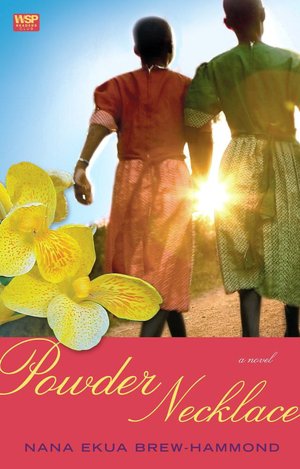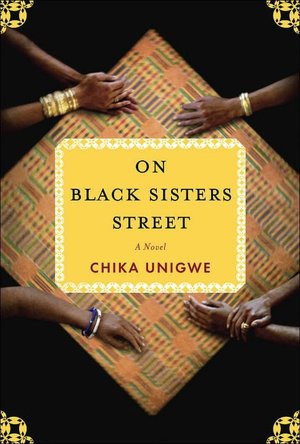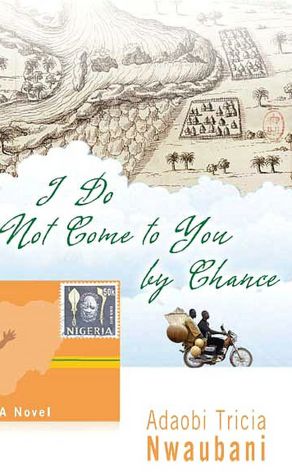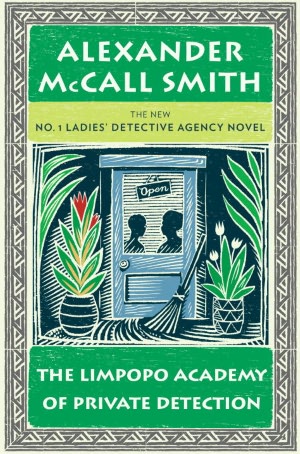 What if a civil war broke out between you and people that looked just like you? Can you imagine turning against a friend you've known all of your life simply because they were born into the "wrong" group? For many Rwandans, this is the reality they lived with for decades, as the war between the Hutus and Tutsis raged.
What if a civil war broke out between you and people that looked just like you? Can you imagine turning against a friend you've known all of your life simply because they were born into the "wrong" group? For many Rwandans, this is the reality they lived with for decades, as the war between the Hutus and Tutsis raged.Jean Patrick lives relatively unscathed by the ongoing rift between Hutus and Tutsis. He is a Tutsi, but several of his friends, and even his running coach, are Hutu. To him, they are simply people. And for the longest time, Hutu around him have felt the same way.
But while Jean Patrick is pursuing his dream of distance running in the Olympics, the world around him is crumbling. Those that he formerly called friends now consider him their greatest enemy. To them, he is now the prey and they are his hunters.
An emotional read, I had to take on Running the Rift at a much slower pace than usual. It was haunting to read of how easily Jean Patrick's Hutu classmates turned on their Tutsi counterparts. It was just as disturbing to read about the UN envoys that came in, not to assist or rescue the Tutsi, but to help Americans and other westerners leave Rwanda. This is a disturbing read, but well worth it.
Published: January 2012
Disclaimer: Copy of book received from publisher, opinions are my own.
In 1959, three years before independence from Belgium, the majority ethnic group, the Hutus, overthrew the ruling Tutsi king. Over the next several years, thousands of Tutsis were killed, and some 150,000 driven into exile in neighboring countries. The children of these exiles later formed a rebel group, the Rwandan Patriotic Front (RPF), and began a civil war in 1990. The war, along with several political and economic upheavals, exacerbated ethnic tensions, culminating in April 1994 in a state-orchestrated genocide, in which Rwandans killed up to a million of their fellow citizens, including approximately three-quarters of the Tutsi population. - CIA World Factbook
Location: Central Africa, east of Democratic Republic of the Congo
Size: 26,338 sq km; slightly smaller than Maryland
Ethnic groups: Hutu (Bantu) 84%, Tutsi (Hamitic) 15%, Twa (Pygmy) 1%
Languages: Kinyarwanda (official, universal Bantu vernacular), French (official), English (official), Kiswahili (Swahili, used in commercial centers)
Population: 11,689,696

Size: 26,338 sq km; slightly smaller than Maryland
Ethnic groups: Hutu (Bantu) 84%, Tutsi (Hamitic) 15%, Twa (Pygmy) 1%
Languages: Kinyarwanda (official, universal Bantu vernacular), French (official), English (official), Kiswahili (Swahili, used in commercial centers)
Population: 11,689,696
Anthem: Rwanda nziza (Rwanda, Our Beautiful Country)


















